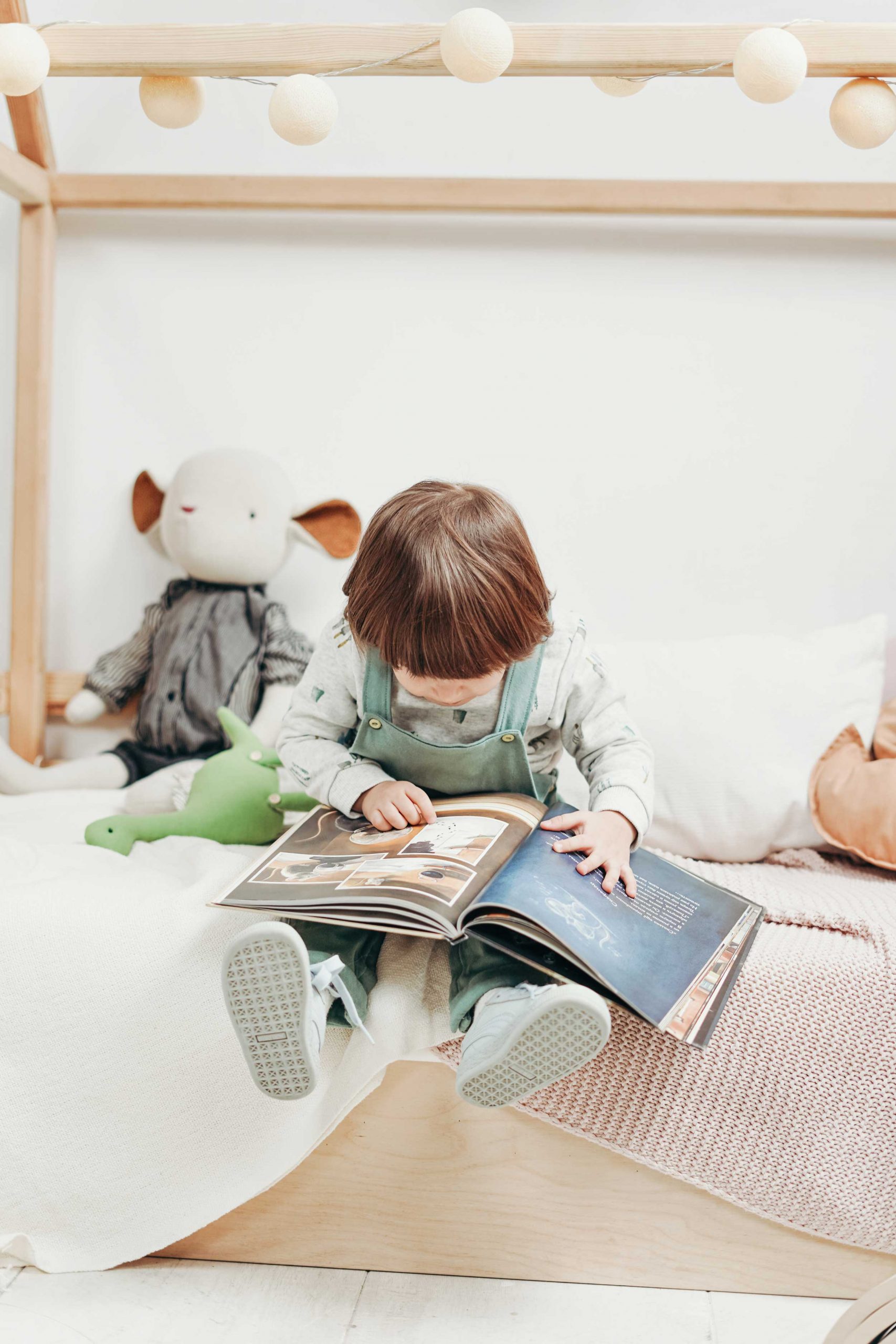The transition to formal schooling can feel like a big change for your little ones and can be a stressful time for families too. With a little forward thinking and by engaging in activities that support foundational skills required for development, you can help manage the transition from Kindy to Prep at this important life stage.
It is now widely accepted that social, emotional and behavioural skills are more relevant indicators of how successful a child will be at school, rather than how intelligent or academically prepared a child might be. Psychologist, Joe Magliano Ph.D, states “Social-emotional skills help children to persist on challenging tasks, to effectively seek help when they need it and to be thoughtful in their actions.”
Whilst academics (eg writing their name, counting to 10, knowing the colours etc) are considered to be important school readiness skills, there are a broader range of skills required for lifelong learning and development. Confidence with self-managing skills such as opening lunch boxes, packing their bags, self-toileting, concentration, attention, emotional regulation, language skills, play and social skills, all foster positive dispositions towards learning where children can grow and develop into competent and confident learnings well into adult hood.
Providing opportunities for a range of positive developmental outcomes also support a positive transition to school life. Some of these important child developments include;
- Curiosity
- Expression of self
- Creativity
- Grit
- Development of relationships with a sense of identity
- Belonging and wellbeing
While an initial reaction for parents could be instant anxiety on how to develop these skills, there are many fun ways you can assist your child on their learning journey. Many activities can be incorperated into general tasks such as going to the shops or weekend play. These activites also build and strengthen family relationships. Here are a few of the key ways to build foundational skills and be Prep ready.
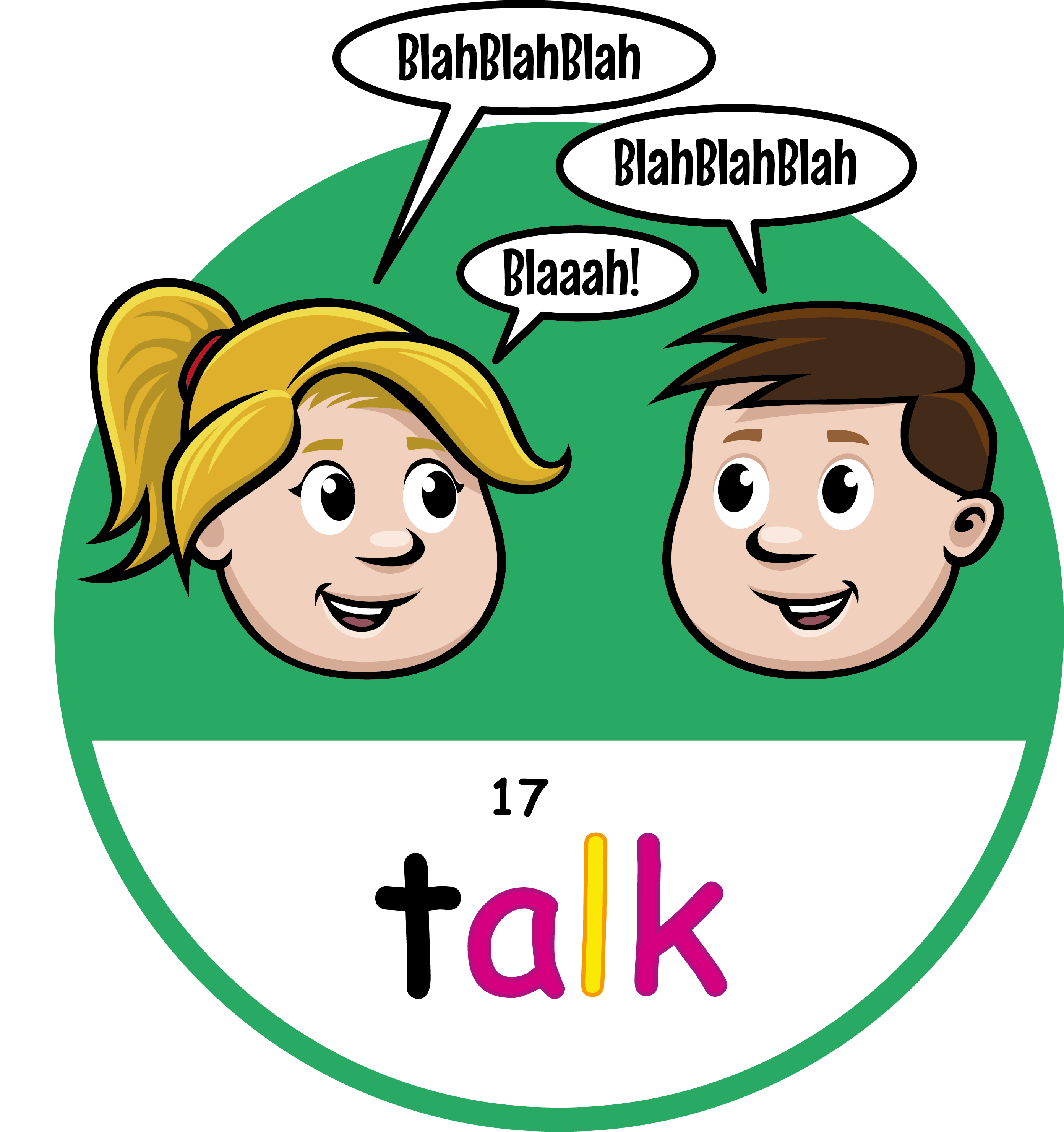
TALK
Model that there is a time to talk and a time to listen when having a chat.
Find what they are interested in and build conversations and experiences around their passions.
Build your child’s vocabulary by using interesting words and explain what tricky words mean.
Help them pronounce words correcting.
Ask and answer questions.
Have conversations together and encourage conversations with their peers.
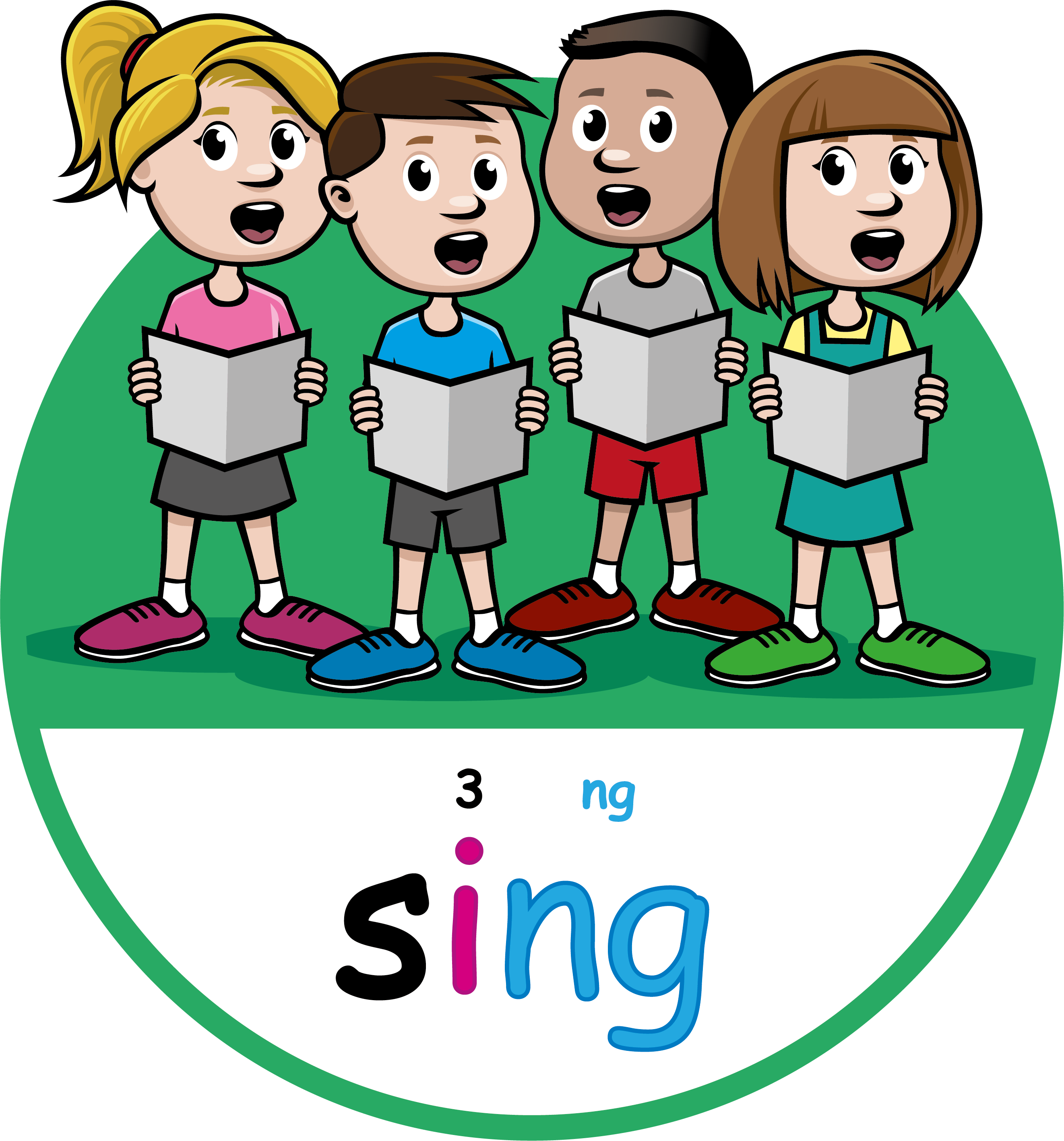
SING
Sing simple songs together.
Rhyme with them.
Listen for beats in words and songs.
Use puppets to talk and make words (use the puppet to show the beats in the words with mouth movements).
Ask and answer questions.
Have conversations together and encourage conversations with their peers.
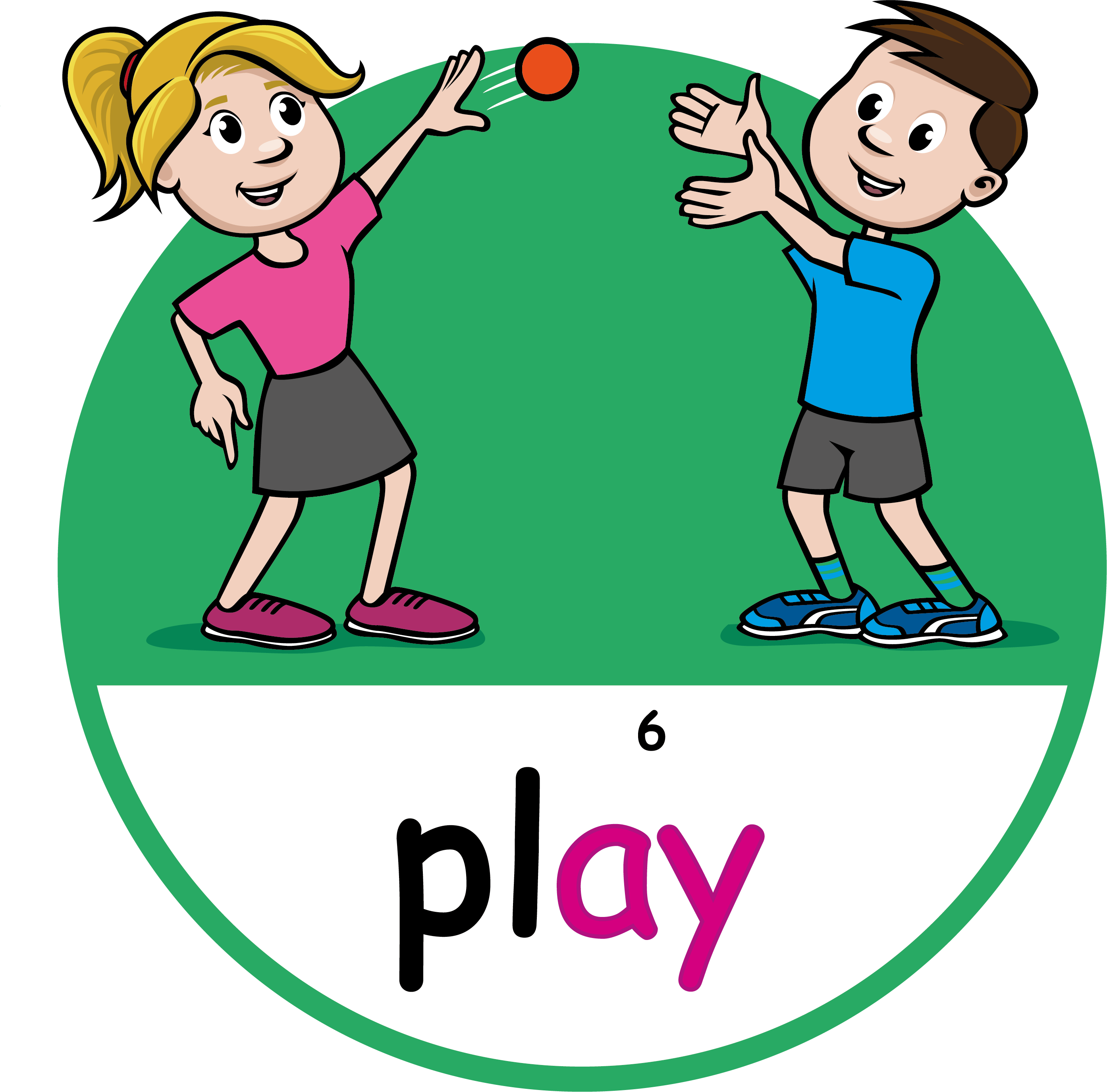
PLAY
Play with them
Encourage them to explore, create, imagine, discover and improvise.
Provide both structure and routine in their day as well allow time for your child to play freely and even get bored, as this fosters creativity.
Build gross motor and sensory skills by allowing your child to climb, run, pull themselves up on things, roll, touch, explore and investigate different textures, sounds and shapes in our world.
Allow them to be adventurous and take risks.
Pose questions.
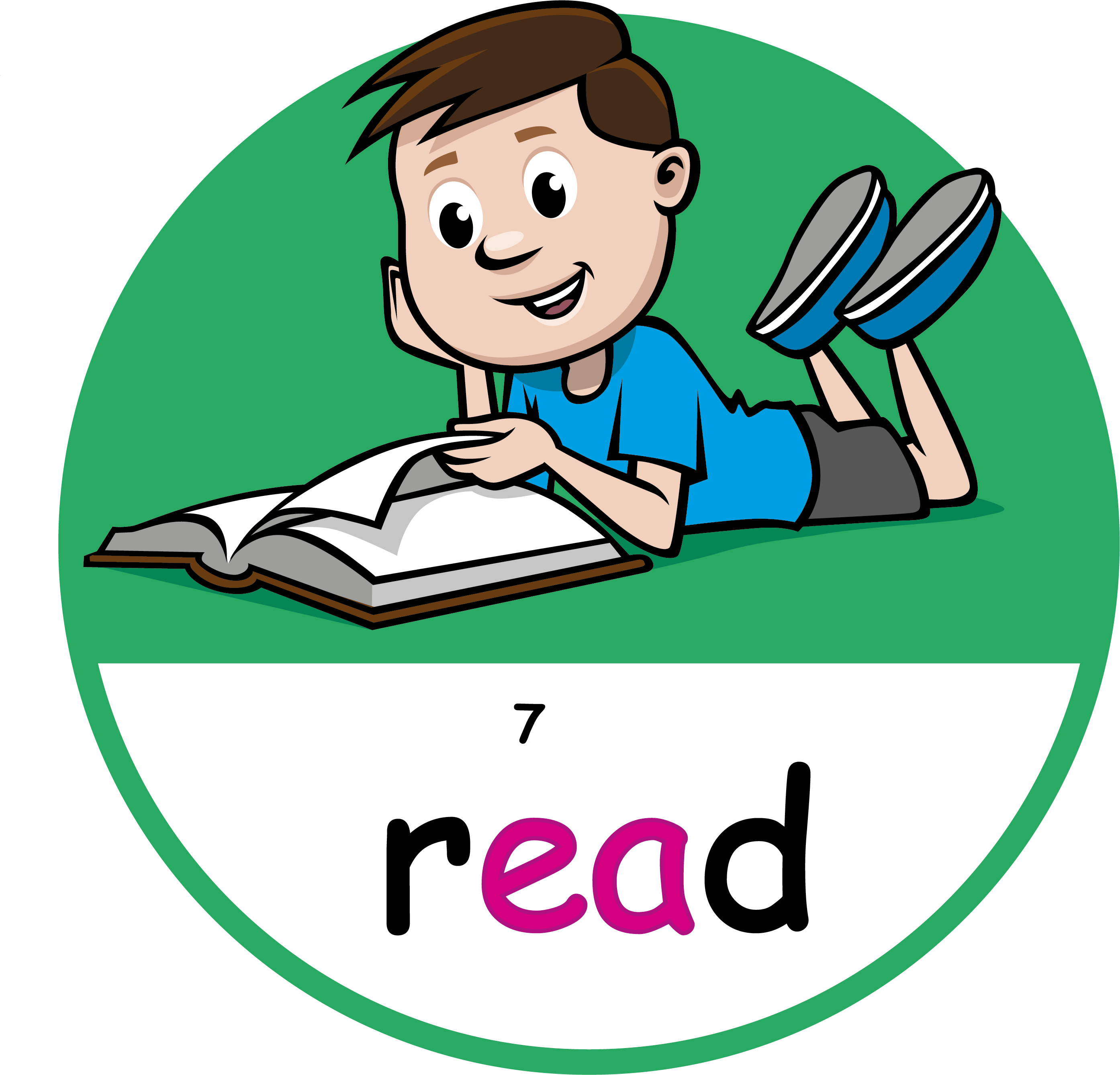
READ
Read with them at every opportunity
Visit a library together
Highlight signs and various words in the world around them such as shopping trips
Allow them to explore and discover books
Read stories about things they are interested in
Help them to find topics they would like to investigate

WRITE
Build their fine motor skills by playing with play dough, picking up small items and cutting with scissors
Allow them to scribble, colour and draw
Model the correct way to hold a pencil
Do craft activities with them
Start with writing the lower-case letters
INVESTIGATING SCHOOLS? FIND OUT MORE ABOUT PREP AT HILLCREST
Share With Friends
Share this article with friends who have children in kindy or early learning on the links below.
